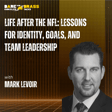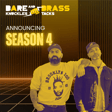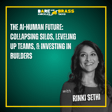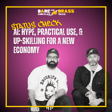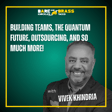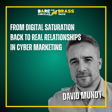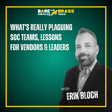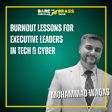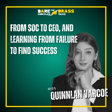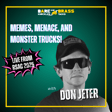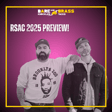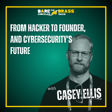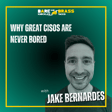
How Building Talent Creates Loyalty and Business Value
Ever wondered why cybersecurity hiring is broken? Jessica's flipping the script with a revolutionary approach to talent acquisition and development!
George K and George A talk to Jessica about:
- How she transformed the company’s hiring by focusing on building talent rather than looking for unicorns or perfect fits
- Why asking "Why are you here?" is her #1 interview question (and what she learns from it)
- How her military background shaped her approach to servant leadership
- Their "strange renegades" philosophy that's created remarkable team loyalty
"Accessibility does not equate to aptitude. Some people just don't have access, but that doesn't mean they won't be great employees."
Every company struggling with talent acquisition or employee churn needs to check out this conversation.
Jessica's transparency about Risk360's approach to compensation, benefits, and career development is refreshingly honest.
Listen now and let us know what you think! Could this approach work in your organization?
------------
🇨🇦 Toronto listeners! We’ll be setting the stage on fire with the opening keynote at SecureWorld Toronto on April 8th. And…we’ll be closing out the show with our signature event, the Cyber Pitch Battle Royale!
Register for the Cyber Pitch Battle Royale here
————
👊⚡️BECOME A SHOW SUPPORTER
https://ko-fi.com/bareknucklesbrasstacks
For as little as $1 a month, you can support the show and get exclusive member benefits, or send a one-time gift!
Your contribution covers our hosting fees, helps us make cool events and swag, and it lets us know that what we're doing is of value to you.
